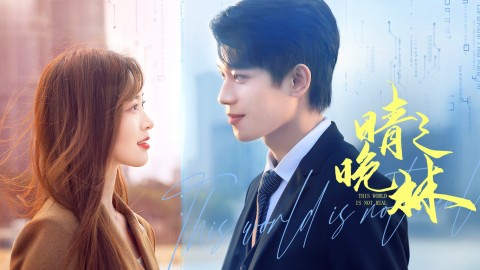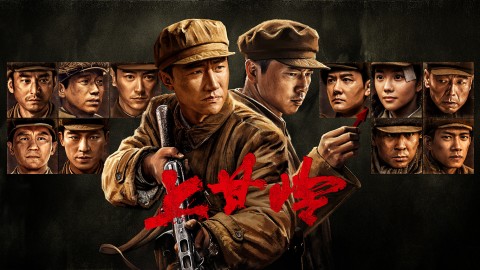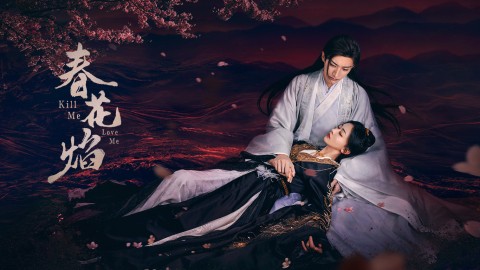Fantastic Doctors: A Promising Adaptation with Controversies and Stellar Performances
The cast of "Fantastic Doctors" has generated significant buzz. Rising stars like Zhang Wan Yi, Jiang Pei Yao, Zheng Yun Long, as well as established actors Wang Zhi Fei, Feng Lei, Yang Hao Yu, all deliver impressive performances, making the overall viewing experience captivating.
Since its official release, "Fantastic Doctors" has garnered moderate viewership ratings, but it hasn't been without controversies. Some internet users believe that Zhang Wan Yi's portrayal of the protagonist, Chen Hui, deviates from the intended characterization of a socially challenged individual and instead depicts him as intellectually impaired. Others also criticize the exaggerated plot, arguing that it lacks the realism characteristic of high-quality medical dramas in the present era.
However, many viewers appreciate the excellent production quality and compelling performances in "Fantastic Doctors." The portrayal of the ensemble cast has touched the hearts of numerous audience members. When discussing the challenges of localizing the adaptation, it is important to note that adapting a series for a new audience requires catering to the local context. The medical industry in China differs from the original Korean, Japanese, and American versions. The common thread among the four adaptations lies in the foundational premise: "How does a socially challenged genius doctor cure patients, grow personally, and overcome obstacles?" Apart from this premise, each adaptation diverges significantly through various localized modifications.
This does not imply that there are no issues with the localization process. Considering the situation in China's medical industry, it is difficult for viewers to believe that a doctor with social challenges could excel in the field of surgery. The first episode of the series already addresses this controversy through the hospital staff's debates. To rationalize the plot, the adaptation either needs to downplay the severity of Chen Hui's condition or emphasize his exceptional genius, justifying the hospital's decision to accept him despite the risk of deteriorating doctor-patient relationships.
As a result, Chen Hui's character carries significant childhood trauma, which accentuates his social challenges. He eats in the subway without regard for others, enters convenience stores to retrieve items without making purchases, and avoids communicating with the store clerks. Initially, the portrayal of his "genius" is limited to dialogue, highlighting his academic achievements and publishing three SCI papers. While the audience acknowledges his brilliance, it is insufficient to resolve the contradiction between his suitability for research and the clinical setting. However, Chen Hui ultimately wins over his peers through a heartfelt declaration.
This might be why some viewers mention that American dramas handle these aspects better. In "Fantastic Doctors," Chen Hui's challenges are more pronounced, while the characters in the series describe his genius in a "bolder" manner. This seemingly more "gratifying" setup actually aids in rationalizing the plot. Additionally, the series strives to present a diverse and substantial ensemble cast, moving away from idolized characters.
"Fantastic Doctors" places the extraordinary narrative element of Chen Hui within the conventional medical environment, allowing the portrayal of colleagues, hospital leaders, patients, and their families, each with their unique professional and life attitudes. With the exceptional performances of actors like Wang Zhi Fei, Feng Lei, Yang Hao Yu, and the support of numerous well-known actors in guest roles, the ensemble cast becomes one of the standout features of "Fantastic Doctors" and a significant strength of the series.
Furthermore, the series approaches emotional expression with humility and compassionate care. Currently, the various storylines in "Fantastic Doctors" have received unanimous praise for Wang Yao Qing's portrayal of the father character Luo Hai Tao, while opinions on Ma Su's character are mixed.
However, a common aspect is that both storylines avoid portraying characters from a critical or judgmental standpoint. As a remake and the first series by director Lu Chuan, "Fantastic Doctors" carries some burdens. "Good Doctor," the original Korean drama, was aired a decade ago, and for "Fantastic Doctors" to resonate deeply with the current Chinese audience, it must undergo more daring and comprehensive adaptations. Yet, taking such risks in the process of adaptation seems daunting.
Nonetheless, "Fantastic Doctors" holds its ground in terms of production quality, performances, and emotional care, proving itself to be a well-executed and commendable remake. It can be considered a significant milestone in the development of domestic medical dramas, striving for a breakthrough but falling just short of becoming a breakout hit in the Chinese drama industry.


